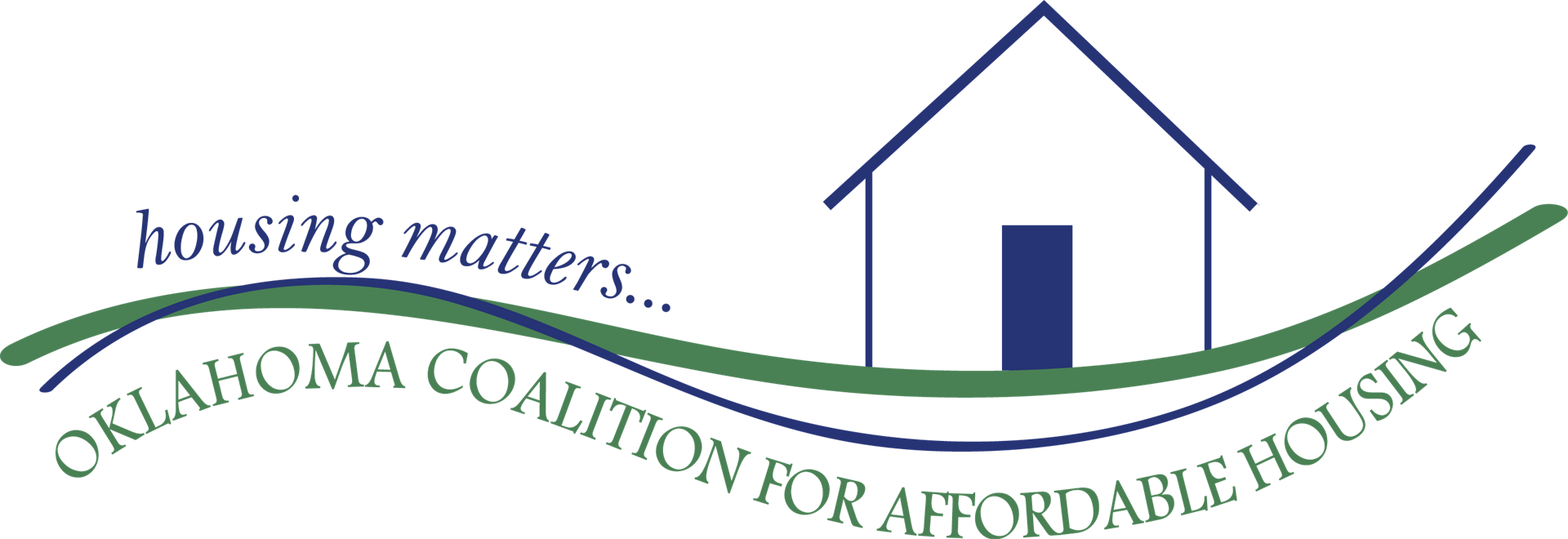Oklahoma Coalition for Affordable Housing |
Blog & NewsClick here to subscribe to receive News & Blog posts and to receive up to date information about OCAH and affordable housing news and more. If you like to also receive OCAH Emails and Newsletter on updates on the coalition, Housing Advocacy, and Affordable Housing Click Here. | 2026 PREMIER SPONSORS
News
Upcoming events
Oklahoma Coalition for Affordable Housing Events! |


.png)
.png)